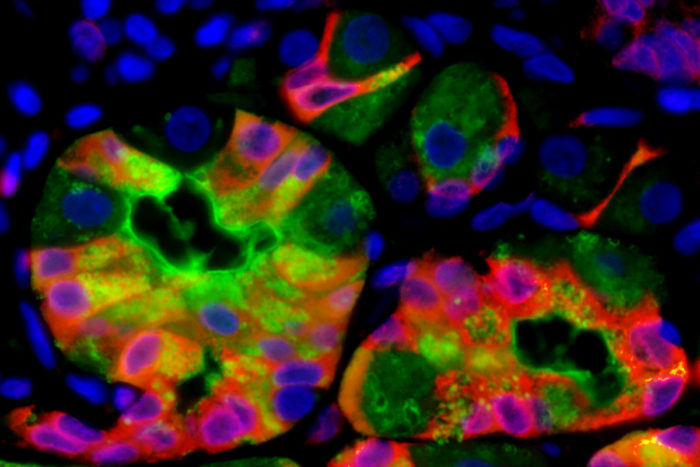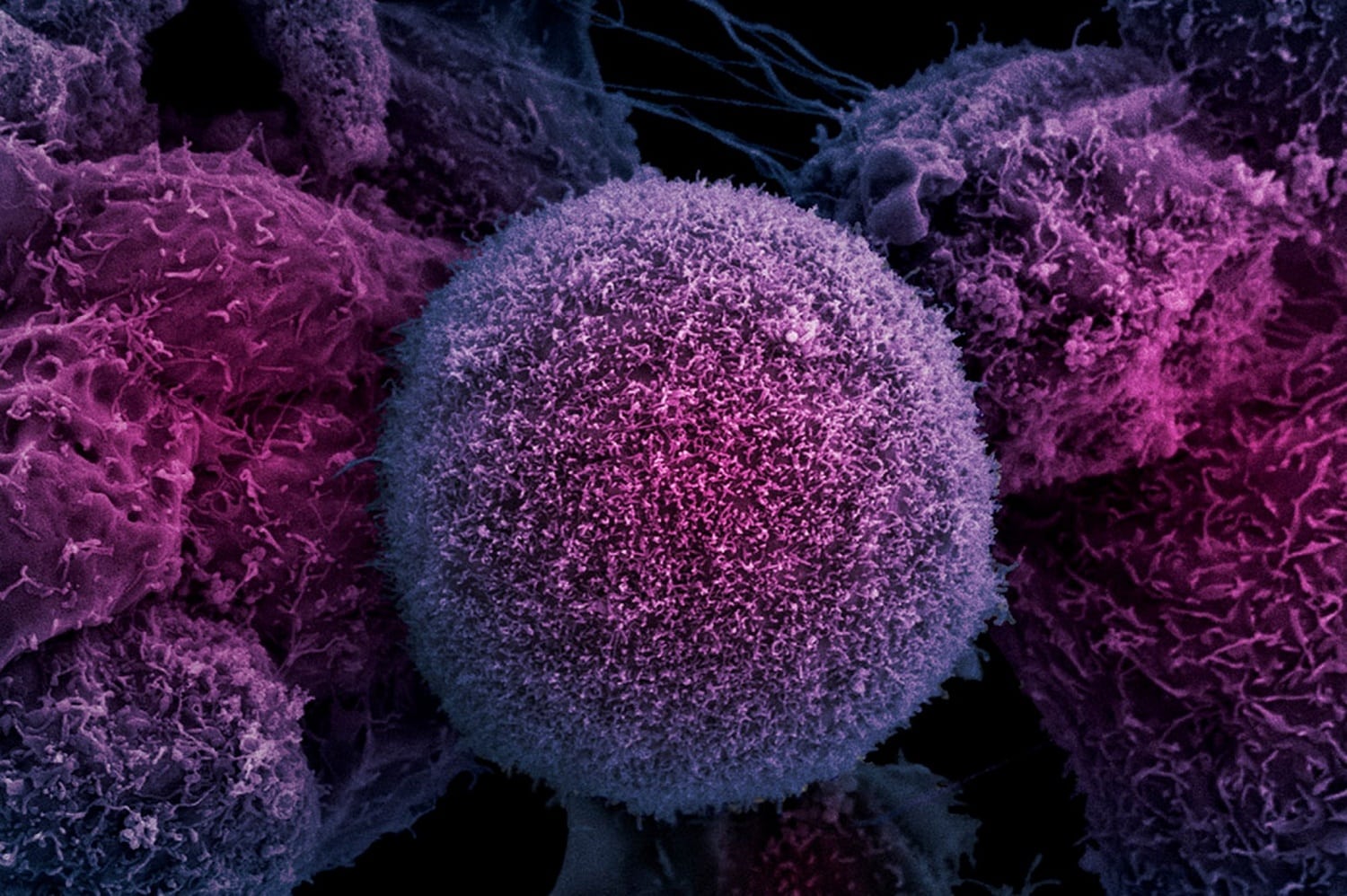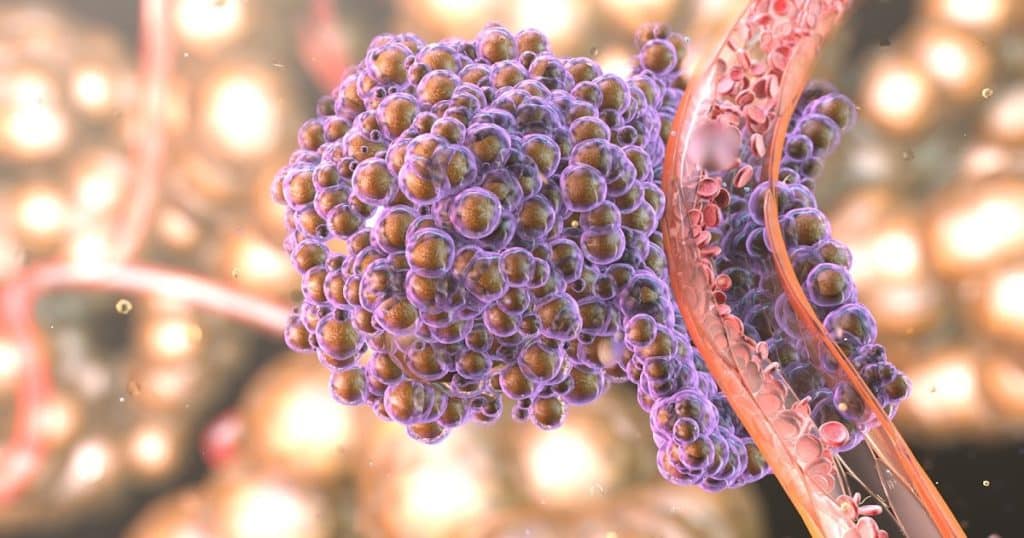Study Finds Cancer Similitude Across Multiple Organs
In simple terms, cancer is a group of more than 100 diseases that develop across time and involve the uncontrolled division of the body’s cells. Although cancer can develop in virtually any of the body’s tissues, and each type of cancer has its unique features, the basic processes that produce cancer are quite similar in all forms of the disease. Now, in addition to this, researchers at the Washington University School of Medicine (WUSM) have discovered how the chain of events leading to the initiation of cancer in most organs is also very similar.
The team has found that when mature cells transition to begin dividing again, they all seem to do it the same way, regardless of what organ those cells come from. Shown are stomach cells transitioning from a mature to a stem cell-like state.
In 1900, Adami speculated that a sequence of context‐independent energetic and structural changes governed the reversion of differentiated cells to a proliferative, regenerative state. Accordingly, this new research demonstrated that differentiated cells in diverse organs become proliferative via a shared program.
“When we began the war on cancer in the 1970s, scientists thought all cancers were similar,” said
senior investigator Jason C. Mills, MD, PhD, a professor of medicine in the Division of Gastroenterology. “It turned out cancers are very different from one organ to another and from person to person. But if, as this study suggests, the way that cells become proliferative again is similar across many different organs, we can imagine therapies that interfere with cancer initiation in a more global way, regardless of where that cancer may appear in the body.”In the course of their investigation, the scientists studied cells from the stomach and pancreas in humans and mice, as well as mouse kidney and liver cells, and cells from more than 800 tumor and precancerous lesions in people. They found when tissue is injured by infections or trauma, mature cells can revert back to a stem-cell state in which they divide repeatedly. And along the way, those cells all activate the same genes to breakdown the mature cells and help them begin to divide again.

“First, we saw a massive increase in the activity of genes associated with cell degradation,” said first author Spencer G. Willet, PhD, a research associate in the Mills lab. “Then, the cell’s growth pathway senses that degradation and releases nutrients that then activate cell growth pathways and allow the mature cells we studied to proliferate.”
“Nature has provided a way for mature cells to begin dividing again,” Mills said, “and that process is the same in every tissue we’ve studied.”
The team believes this discovery to pave way for potential targets for cancer treatment because the factors that initiate tumors could be the same in multiple organs.
“If you were to compare this reprogramming of cells to tearing down a building and putting something new in its place, the slow way to go would be to remove and then replace each brick, one at a time,” Mills said. “What we’re seeing is that nature is smarter than just running the building program in reverse. Instead, there is a wrecking ball program: When an old cell begins to divide again, a program runs to clear things out and then rebuild, and the same program runs in every tissue we’ve analyzed.”































